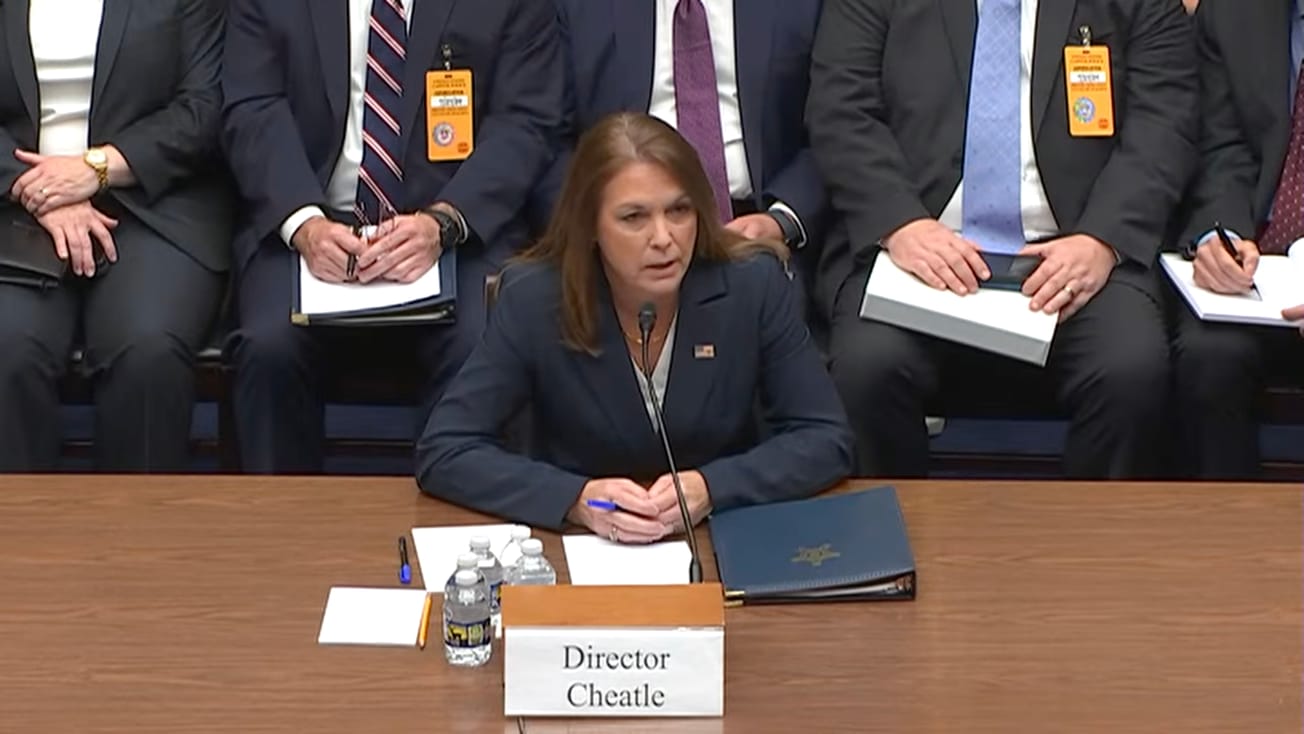A tense, negotiated hostage exchange and temporary ceasefire between Israel and Hamas is scheduled to go into effect sometime this weekend, possibly as early as Friday morning, local time. It will last only four days, with the possibility of extending it, day-by-day, for a few more days if things proceed as agreed. International aid agencies are already warning that the increased humanitarian aid that is also supposed to flow into Gaza will be far from what is needed and will scarcely ameliorate the human suffering there.
And yet, if it actually occurs, and is not derailed by foreign-controlled extremists or similar agents provocateurs on one side or the other, the four-day pause opens up the briefest of opportunities—not much longer than a heartbeat—to actually solve the crisis. There are two reasons for that.
First, the international mobilization for peace works. The only reason that the Netanyahu government has finally agreed to even this tiny pause in the slaughter, is because the growing wave of pressure—both inside Israel and internationally—on him and his American and British facilitators has forced it through. As the London Guardian’s veteran foreign affairs commentator Simon Tisdall wrote just before the agreement was announced, “the pressure on Netanyahu is starting to tell—this potential truce shows something has changed…. Netanyahu and his war cabinet … have come under intense pressure to do more from the families of the hostages, who staged a huge, five-day march to Jerusalem last week.” Tisdall also took note of the “sheer weight of the international condemnation of Israel’s assault on Gaza, especially within the Arab and Muslim spheres. Russia and China are among the leading countries” also demanding a ceasefire and negotiations.
Second, if sufficient organizing pressure is brought to bear, a pathway exists to provide a definitive solution, of peace through development, to the crisis in the Southwest Asia cockpit which threatens to thrust the entire planet into a thermonuclear Third World War. As Helga Zepp-LaRouche emphasized in her weekly German-language webcast Nov. 22, with the four-day ceasefire about to go into effect, “this time must of course be used urgently to bring the full weight of all the proposals to bear.”
“At the moment,” she added, “the Chinese proposal to hold an international peace conference on Southwest Asia carries the most weight. In principle, this should immediately put the two-state solution on the agenda and, very importantly, what we at the Schiller Institute are bringing to the debate, namely the absolute necessity of putting a development plan for the entire Southwest Asian region on the agenda as a basis for peace. Basically, what Lyndon LaRouche proposed back in 1975 with the Oasis Plan, that is, to really green the deserts, to develop infrastructure there, to orient the living conditions for the population of all states in the whole of Southwest Asia towards development, in order to establish a completely new paradigm.”
“This must be urgently supported by all those who are interested in a solution to this conflict,” Zepp-LaRouche stressed. “There is great interest in ensuring that this conflict does not escalate, but the danger is still there. So, we have a small, brief breathing space that urgently needs to be used.”
The Chinese proposal for a conference is concise and specific. A statement released by the Foreign Ministry on Sept. 21 stated: “China calls for early convening of an international peace conference that is more authoritative to build international consensus for peace and work toward an early solution to the question of Palestine that is comprehensive, just and sustainable.”
An immediate rallying point is Humanity for Peace’s “Emergency Forum: No More War Crimes! Economic Development, Not Depopulation!” on Sunday, Nov. 26, to be followed by an exclusive showing of the documentary “8:15 Hiroshima: From Father to Daughter.”
What better way to honor the fallen John F. Kennedy, who helped bring the world back from the brink of nuclear war, on the 60th anniversary of his assassination?









